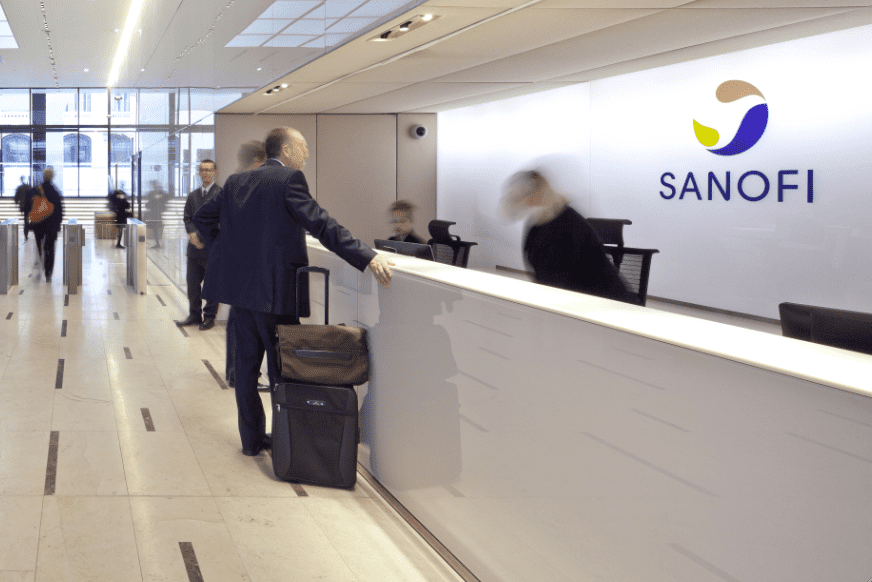
Setback for Sanofi dengue vaccine
pharmafile | September 13, 2012 | News story | Research and Development, Sales and Marketing | Dengue fever, Sanofi, Sanofi Pasteur, Vaccine
Sanofi Pasteur’s vaccine for dengue fever has failed to show protection against a key serotype of the potentially fatal illness.
Results published in The Lancet of a phase IIb trial of CYD-TDV in Thailand show that the drug did not protect patients from serotype 2 of the dengue virus.
Case of the mosquito-borne disease have increased rapidly since the 1970, when health officials began to track infections.
Around 220 million people are infected annually in tropical and sub-tropical areas. Symptoms are similar to influenza but can prove extremely debilitating for the patient.
Two million of those affected – mostly children – develop dengue haemorrhagic fever, a severe form of the disease characterised by a breakdown of the body’s ability to clot, leading to internal bleeding and sometimes death.
This means a vaccine could help millions avoid severe illness, but the results have been mixed.
While serotype 2 patients didn’t respond well, patients with other types did. The vaccine was 61.2% effective against dengue virus type 1, 81.9% against type 3 and 90% against type 4 and it appears to be well-tolerated with no safety signals after two years of follow-up after the first dose.
These are the first efficacy results for the drug and Sanofi is now anxiously crunching data to understand why serotype 2 proved resistant in the “particular epidemiological context of Thailand”.
Three vaccinations were given to 4,000 children aged from 4 to 11 years old at six month intervals (at 0, 6 and 12 months).
Despite the disappointment, Sanofi’s candidate remains the most advanced in the world for dengue fever and this is the first trial “to show that a safe and effective dengue vaccine may be possible”, The Lancet points out.
But it is a complex area of research, with a relative prevalence of dengue virus types in a given area evolving over time.
There is currently no specific treatment for the disease except general pain relief, and CYD-TDV is currently in phase III trials with 31,000 children and adolescents in 10 countries in Asia and Latin America where epidemics occur.
Other pharma companies are also interested: last year Medivir signed an R&D deal with Janssen to collaborate on discovering and developing new medicines for dengue virus infection.
The FDA has granted fast-track designation to CYD-TDV because it could address an important unmet medical need for a serious disease.
The World Health Organization wants to reduce dengue morbidity by at least 25% and dengue mortality by 50% by 2020.
Adam Hill
Related Content

Sanofi shares results for phase 3 LUNA 3 trial in immune thrombocytopenia
Sanofi has announced positive results from its phase 3 LUNA 3 study, which assessed rilzabrutinib …

Sanofi shares phase 2b results for dermatitis treatment
Sanofi has shared positive results from part 2 of the investigational phase 2b STREAM-AD study …

Sanofi to acquire Inhibrx for approximately $1.7bn
Sanofi and Inhibrx, Inc have announced that they have entered into a definitive agreement for …







